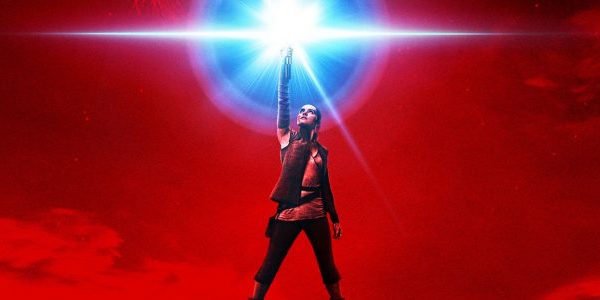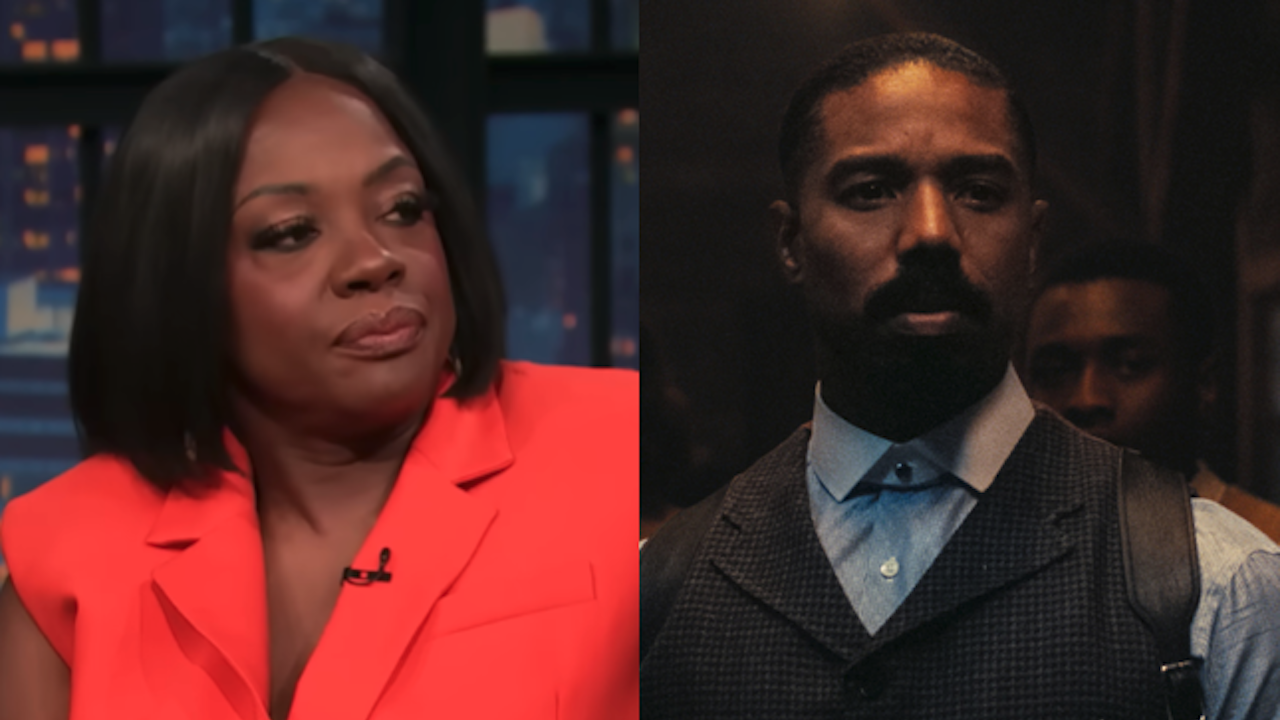I Was Wrong About Star Wars: The Last Jedi

Rian Johnson's Star Wars: The Last Jedi didn't work for me the first time I saw it. It wasn't the movie I expected -- a fault of mine, and not of the movie (naturally). The story's desire to subvert expectations at virtually every turn rubbed me the wrong way. The repeatedly false endings aggravated me, as did Johnson's deliberate attempt to reverse virtually everything we -- the collective fanbase -- thought a Star Wars movie should deliver. Luke's lightsaber? Not important. Rey's parents? A total dead end. Supreme Leader Snoke? We hardly knew you. I thought Johnson mishandled a lot of the tantalizing plot threads that J.J. Abrams established in The Force Awakens.
Man, was I ever wrong.
Now that Star Wars: The Last Jedi is out on Blu-ray and streaming, I was able to finally settle in for a second viewing, and what I discovered was the movie Rian Johnson always meant for me to see, and not the movie I thought I was seeing on a first pass. There's a definite distinction, and one that doesn't always crystalize on a first pass... particularly for a movie like The Last Jedi, which we -- as entertainment journalists -- spend months, and even years, writing about as we lead up to release date.
The subversion happens almost immediately, when Luke Skywalker (Mark Hamill) accepts the lightsaber that Rey (Daisy Ridley) has traveled great distances to return to him... and he tosses it over his shoulder as if it carries as much meaning as the X-Wing fighter he's allowed to sink to the bottom of the water off the coast of Ahch-To. It continued as we learned the supposed truth about Rey's heritage, and the importance of Snoke to the overall trilogy being told here.
When I first watched Star Wars: The Last Jedi, I saw too many of these scenes as preordained "boxes" that I needed to see checked off. And I found myself disagreeing with almost all of the answers that Rian Johnson was giving his audience -- was giving me, personally. How could Rey come from no one special? How could Kylo Ren (Adam Driver) dispose of his mentor, Snoke (Andy Serkis) in dramatic but still unceremonious fashion... leaving far too many unanswered questions. And why is Luke behaving this way?
On a second pass, however, it's easier to see these sequences in the actual context of the movie that's playing out, and in truth, they fit. Rian Johnson knows that they fit. He wrote the damned movie. But they don't fit the way that Star Wars fans might initially expect, and that's jarring. So much of Star Wars: The Last Jedi is about eliminating the past, about starting over. "It's time for the Jedi to end," Luke laments, though he screams out loud, still hesitating, when Yoda himself burns down the tree and ignites the dwelling with the sacred texts. Luke wants to destroy the past. He knows it's mandatory so that the Resistance can actually evolve. But he's not able to. It's what he loves. It's all he knows.
Isn't this Rian Johnson speaking directly to the Star Wars faithful? When Kylo tells Rey that they can eliminate the Resistance and the First Order, and start anew, how do you not step back and think of this in terms of the future of Star Wars, as a storytelling vehicle. The Skywalker Saga is ending. But with deals in place with creators like Jon Favreau, Rian Johnson, David Benioff and D.B. Weiss, you realize that letting the past go only means embracing the future. And the future can be bright.
Your Daily Blend of Entertainment News
On a first pass, I also was so caught up in the seemingly important "answers" in Star Wars: The Last Jedi that I totally missed so many of the BOLD and sweeping choices that Rian Johnson made to this mythology. He gave Luke the heroic sendoff that the iconic character deserved, able to assist the Rebels one last time as he confronted his one mistake, the disappointed Ben Solo. He established strong new voices, sacrificed important characters, painted himself into a bit of an unexpected corner with Leia (given the passing of Carrie Fisher), and spread the seeds of rebellion to the next generation of Star Wars fans -- both on the screen and off -- knowing that it's them, not us, who will carry the baton of Star Wars fandom for years to come.
Does it all work? Absolutely not. Flying Space Leia is still a bizarre choice. The special effects in Canto Bight are embarrassingly unfinished (though that detour isn't as obnoxious), and for the life of me, I don't understand the choice Benicio Del Toro is making in his performance.
But on a second pass, the questionable was extremely overpowered by the bold and the courageous, and I saw Star Wars: The Last Jedi through a different prism. I connected with it differently. The movie didn't change. But I did. And I'm thankful for it.

Sean O’Connell is a journalist and CinemaBlend’s Managing Editor. Having been with the site since 2011, Sean interviewed myriad directors, actors and producers, and created ReelBlend, which he proudly cohosts with Jake Hamilton and Kevin McCarthy. And he's the author of RELEASE THE SNYDER CUT, the Spider-Man history book WITH GREAT POWER, and an upcoming book about Bruce Willis.
